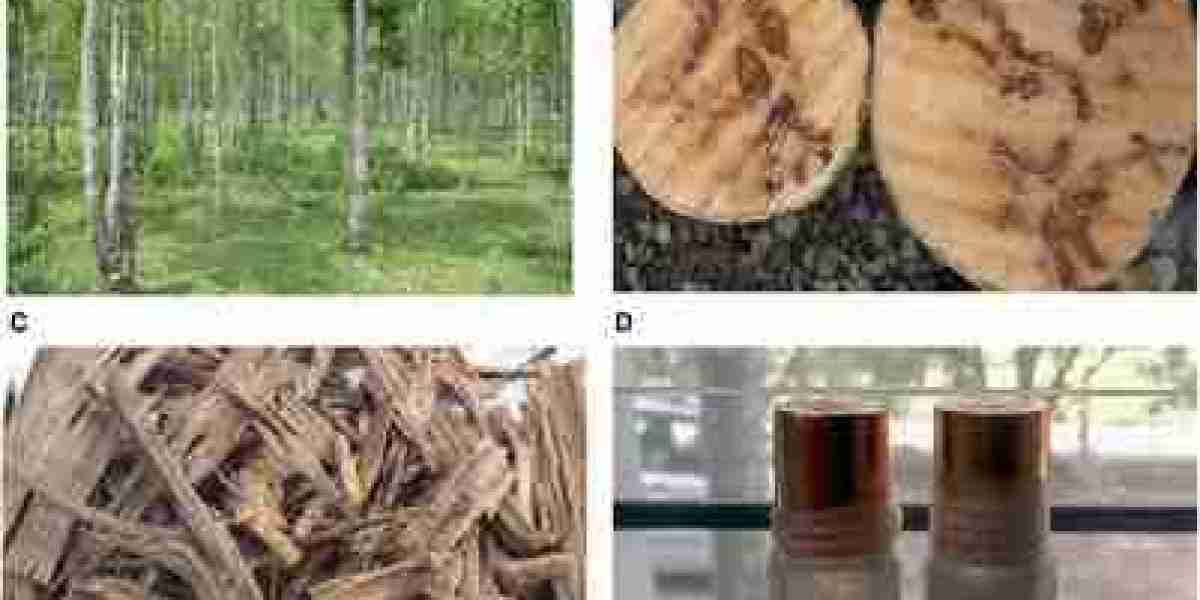.The art of perfumery has long been a playground for the senses, seeing a bloom of evolution from ancient times to contemporary trends. One ingredient that has retained its sacred place in perfumery over the centuries is Oud, a complex, rich and intoxicating scent derived from Gaharu trees. However, the journey from tree to fragrance is one steeped in patience, tradition and expertise, mired in a web of economic, ethical and ecological implications.
Centred in the heart of Southeast Asia, Gaharu trees, also known as Aquilaria, stand tall and proud. Underneath their thick and knotted bark, they harbor the precious Oud or Agarwood. Oud is a dark and often referred a symbol of luxury, wealth, and prestige in many cultures due to its scarcity and high value.
The formation of Oud begins when the Aquilaria tree faces an external threat, such as an insect infestation, fungal disease or physical injury. To defend itself, the tree secretes a dark, fragrant resin, surrounding the infected area which over years results into highly valued agarwood or Oud.
A complex process follows this creation, starting with harvesting. Harvesters have to be selective, considering that not all Aquilaria trees generate Oud, with statistics suggesting only 7 to 10 percent of wild gaharu trees produce the resin. Once harvested, the agarwood is soaked for months, boiled and then distilled to capture the distinctive Oud essence.
This process brings us to the fragrance industry. The woody, musky, and sweet-smoky scent of Oud is highly revered by perfumers all over the world, often associating it with the smell of warm skin and damp wood. It's an integral part of many iconoclastic fragrances, like Tom Ford's aptly named "Oud Wood," powering the scent trail and giving the perfume its staying power.
Consumer love for Oud is widespread and crosses cultural boundaries. The Middle Eastern Fragrance Market has an age-old affinity for the ingredient due to Oud's use in religious and cultural ceremonies. In western markets, the 'oud trend' started blooming in the early 2000s, mainly as a response to the desire for ‘exotic’ and ‘opulent’ scents. Today, the niche perfumery field thrives on Oud's magnetic allure, and it has become a standard feature in many luxury fragrances.
However, the increasing demand imposes a significant burden on the environment. Gaharu trees have been brought to the brink of extinction due to overexploitation. The threat is real; the Convention on International Trade in Endangered Species of Wild Fauna and Flora (CITES) has listed Aquilaria tree species under appendix II, which means its trade must be controlled to avoid over-utilization.
To counter this, practices of sustainable agarwood production have been put in place, including gaharu tree farming and inoculation, a process where trees are artificially infected to stimulate agarwood production. These methods, though slower, support biodiversity conservation and promote a sustainable fragrance industry.
Moreover, it challenges the fragrance industry to focus on ethical sourcing. Independent verification programs, like the Rainforest Alliance or Non-Timber Forest Products-Exchange Programme (NTFP-EP), can help perfumers and consumers make conscious choices.
In conclusion, Oud is not merely a 'note' in the perfumer's symphony. It's the story of a tree's survival, the mastery of traditional distillation techniques, and the integration of these elements into our lifestyle. The importance of Oud stems from more than its scent profile and links to luxury; it arises out of appreciation for sustainability, ethical sourcing practices and an understanding of the ecological price of olfactory indulgence. As consumers and industry stakeholders, we must tread this aromatic trail responsibly, upholding the value of Oud while ensuring the survival and sustainability of the silent wood giants from which it is born.







